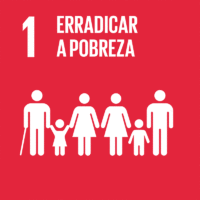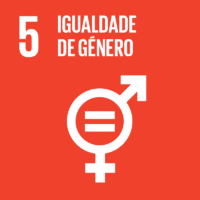Ciência_Iscte
Publicações
Descrição Detalhada da Publicação
Disentangling the relation between wealth and contraceptive use in India: a multilevel probit regression approach
Título Revista
Quality and Quantity
Ano (publicação definitiva)
2014
Língua
Inglês
País
Países Baixos (Holanda)
Mais Informação
--
Web of Science®
Scopus
Google Scholar
Esta publicação não está indexada no Overton
Abstract/Resumo
This paper discusses the poverty-wealth impact on contraceptive use both at individual and community levels. A multilevel probit regression framework was set up to explain the use of contraceptive methods. We use data from the Indian 2005–06 National Family Health Survey (NFHS). It contains data on both the socio-demographic and health characteristics of Indian women, as well as an assembled measure of household wealth: the wealth index. The individual-level model confirms the association between contraceptive use and wealth. When controlling the community level, i.e. where the women live, the multilevel regression results show it has a significant effect on contraceptive use, explaining 19 % of the total variance. Finally, decomposing the wealth index at individual and community levels (average community wealth; individual centered wealth values), the effect of the community poverty-wealth level is significant and positive. To sum up, this framework of nested models reveals the significant effect of the community’s poverty-wealth dimension on each woman’s decision about contraception and suggests that the longstanding urban-rural differential in the contraceptive prevalence is mainly poverty-wealth driven.
Agradecimentos/Acknowledgements
--
Palavras-chave
Multilevel models; Probit regression; Contraceptive use; India; Poverty
Classificação Fields of Science and Technology
- Matemáticas - Ciências Naturais
- Outras Ciências Sociais - Ciências Sociais
Contribuições para os Objetivos do Desenvolvimento Sustentável das Nações Unidas
Com o objetivo de aumentar a investigação direcionada para o cumprimento dos Objetivos do Desenvolvimento Sustentável para 2030 das Nações Unidas, é disponibilizada no Ciência_Iscte a possibilidade de associação, quando aplicável, dos artigos científicos aos Objetivos do Desenvolvimento Sustentável. Estes são os Objetivos do Desenvolvimento Sustentável identificados pelo(s) autor(es) para esta publicação. Para uma informação detalhada dos Objetivos do Desenvolvimento Sustentável, clique aqui.

 English
English




